As many of you already know, our mission is to advocate for ALD newborn screening & newborn screening for any disease with both a treatment and a newborn screening test that works.
This foundation's advocacy is always occurring on two levels: in the states and at the federal level. We don't want to live in a country where a zip code or state line could be the difference between life or death for a child. And we know you don't either.
Last year, our federal government decided to sponsor a study (with the support of the Chan Zuckerberg Initiative) to examine the current newborn screening landscape. A committee was formed through The National Academies of Sciences, Engineering, and Medicine (NAS) to hold meetings this year and ultimately make recommendations for the future of newborn screening in our country.
There are no patient representatives on the committee. However, there is a survey that we would encourage all of you to participate in that will allow us to give input and share our personal experience. The survey will take 10-15 minutes to complete and the deadline is Sunday.
Through multiple channels, including this survey, we have voiced the following concerns:
Our recommendations:
1. Create more accountability for the Recommended Uniform Screening Panel (RUSP) by providing more guidance to patient groups that nominate a disease and include the patient voice throughout the process.
2. Remove the requirement that a pilot study be performed for RUSP approval. Multiple studies have proven that this is not necessary to develop an accurate newborn screening test, so long as de-identified dried blood spot cards are available for test development.
3. Federal funds are needed so that when a disease is added to the RUSP, ALL states have the ability to add the condition within 3 years. The funding could be provided directly to state programs or through a grant process, so long as proper guidance is provided. This process must be streamlined to ensure our newborn screening programs have everything they need to keep pace with FDA-approved treatments and therapies for rare diseases.
4. Adopt an "opt out" approach for current concerns surrounding consent. If parents do not want their baby screened, they must contact the state to opt out. If parents do not want their baby's dried blood spot card to be de-identified for use to develop new life-saving screening, they must contact the state to let it be known. We feel very strongly that the burden in these rare instances should be placed on those parents instead of putting other children's lives at risk.
We offer our recommendations to you with the hope that you too can envision a country where all of our babies are screened in an equitable way. We respect any other viewpoints you have to include based off your own journeys that led you to the ALD community and this organization.
Thank you for taking the time to complete the survey. Again, the deadline is this Sunday, May 26, 2024.
This foundation's advocacy is always occurring on two levels: in the states and at the federal level. We don't want to live in a country where a zip code or state line could be the difference between life or death for a child. And we know you don't either.
Last year, our federal government decided to sponsor a study (with the support of the Chan Zuckerberg Initiative) to examine the current newborn screening landscape. A committee was formed through The National Academies of Sciences, Engineering, and Medicine (NAS) to hold meetings this year and ultimately make recommendations for the future of newborn screening in our country.
There are no patient representatives on the committee. However, there is a survey that we would encourage all of you to participate in that will allow us to give input and share our personal experience. The survey will take 10-15 minutes to complete and the deadline is Sunday.
Through multiple channels, including this survey, we have voiced the following concerns:
- Every state works differently with respect to adding a new disease to its newborn screening panel, but in any state, it is a lengthy process. Many states will only consider adding a disease that has been approved by the Recommended Uniform Screening Panel (RUSP). We support the notion of a federal committee that reviews diseases, but not the way it is currently operating.
- The RUSP committee typically only meets two or three times per year. The process to nominate a disease falls on the shoulders of small foundations like ours. Many of the current requirements are unnecessary, such as finding a state that will run a pilot program first (a newborn screening test can be developed with de-identified dried blood spot cards from previous testing). There is little to no guidance offered to the nominators, and small foundations do not have the financial resources to sponsor state pilot studies or sponsor researchers to help with test development. The notion of a RUSP is important but the committee that it operates under is currently underperforming and not keeping pace with the current rate of FDA approved therapies for rare diseases.
- A valid newborn screening test and valid treatment may exist for a disease, but it often takes up to 10 years for that condition to be screened for in all 50 states once being added to the Recommended Uniform Screening Panel (RUSP). During that decade, advocates are forced to repeat the process 50 times if they hope to save babies from their disease. Children are dying during this delay.
- Newborn screening can only save lives if RUSP approved diseases are added ASAP to state programs. The majority of our country's newborn screening programs want to expand, but are unable due to lack of funding. Federal funds are needed so that when a disease is added to the RUSP, ALL states have the ability to add the disease as soon as possible. Our foundation has been advocating to streamline this process since 2019.
- The members of the NAS committee have discussed the idea of shifting to a two-tiered newborn screening program. Instead of newborn screening automatically being performed, parents would be asked to "opt in" to be screened for diseases that have the possibility of presenting later in a child's life. To be clear, there is no federal effort for public education regarding newborn screening. We are concerned about the number of babies that will be missed due to lack of knowledge about newborn screening, potential barriers for parents understanding the implications of the program, not to mention the emotional state of parents immediately after giving birth to a child.
- Lastly, another issue regarding consent has the potential to collapse the future of newborn screening. Despite its 60+ year history of performing as one of the most successful public health programs in our country, a handful of citizens have recently sued their state governments for not immediately destroying their child's dried blood spot cards after their child was screened. What they do not realize, or choose to ignore, is that those cards are de-identified after screening and stored for use to help develop tests to screen for more diseases. They are irreplaceable for newborn screening research and therefore our ability to save lives with this program.
Our recommendations:
1. Create more accountability for the Recommended Uniform Screening Panel (RUSP) by providing more guidance to patient groups that nominate a disease and include the patient voice throughout the process.
2. Remove the requirement that a pilot study be performed for RUSP approval. Multiple studies have proven that this is not necessary to develop an accurate newborn screening test, so long as de-identified dried blood spot cards are available for test development.
3. Federal funds are needed so that when a disease is added to the RUSP, ALL states have the ability to add the condition within 3 years. The funding could be provided directly to state programs or through a grant process, so long as proper guidance is provided. This process must be streamlined to ensure our newborn screening programs have everything they need to keep pace with FDA-approved treatments and therapies for rare diseases.
4. Adopt an "opt out" approach for current concerns surrounding consent. If parents do not want their baby screened, they must contact the state to opt out. If parents do not want their baby's dried blood spot card to be de-identified for use to develop new life-saving screening, they must contact the state to let it be known. We feel very strongly that the burden in these rare instances should be placed on those parents instead of putting other children's lives at risk.
We offer our recommendations to you with the hope that you too can envision a country where all of our babies are screened in an equitable way. We respect any other viewpoints you have to include based off your own journeys that led you to the ALD community and this organization.
Thank you for taking the time to complete the survey. Again, the deadline is this Sunday, May 26, 2024.
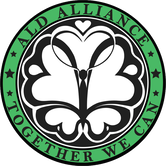
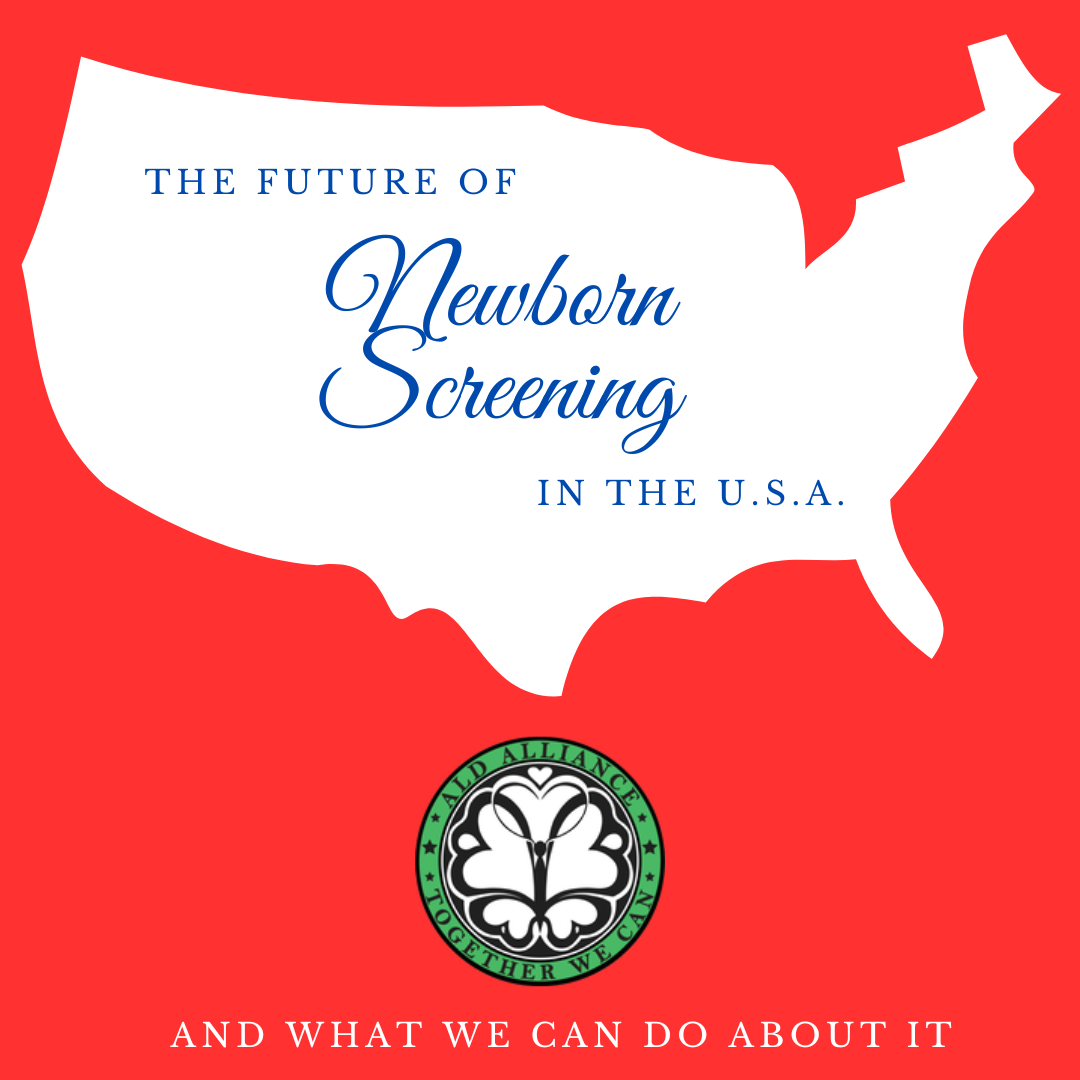
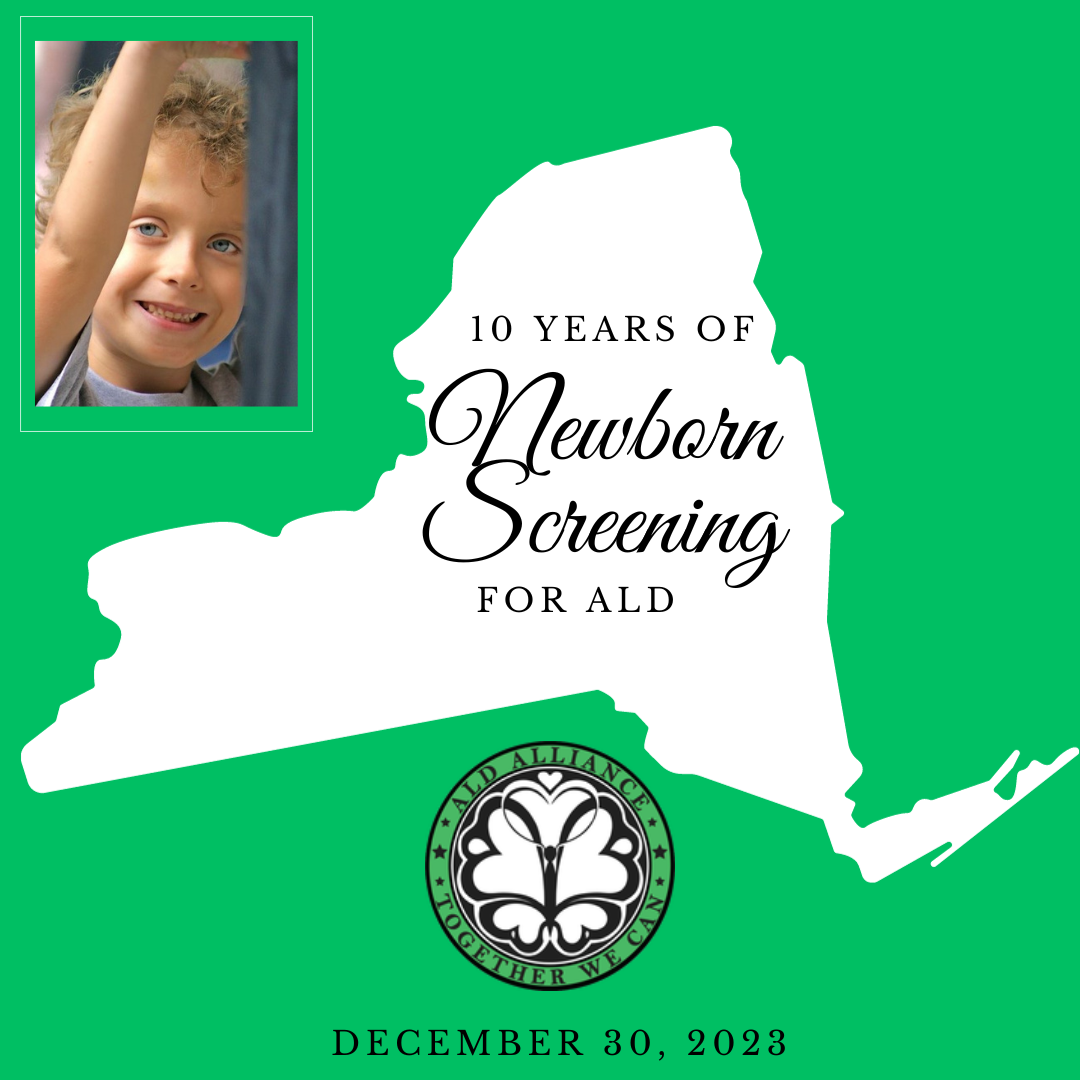
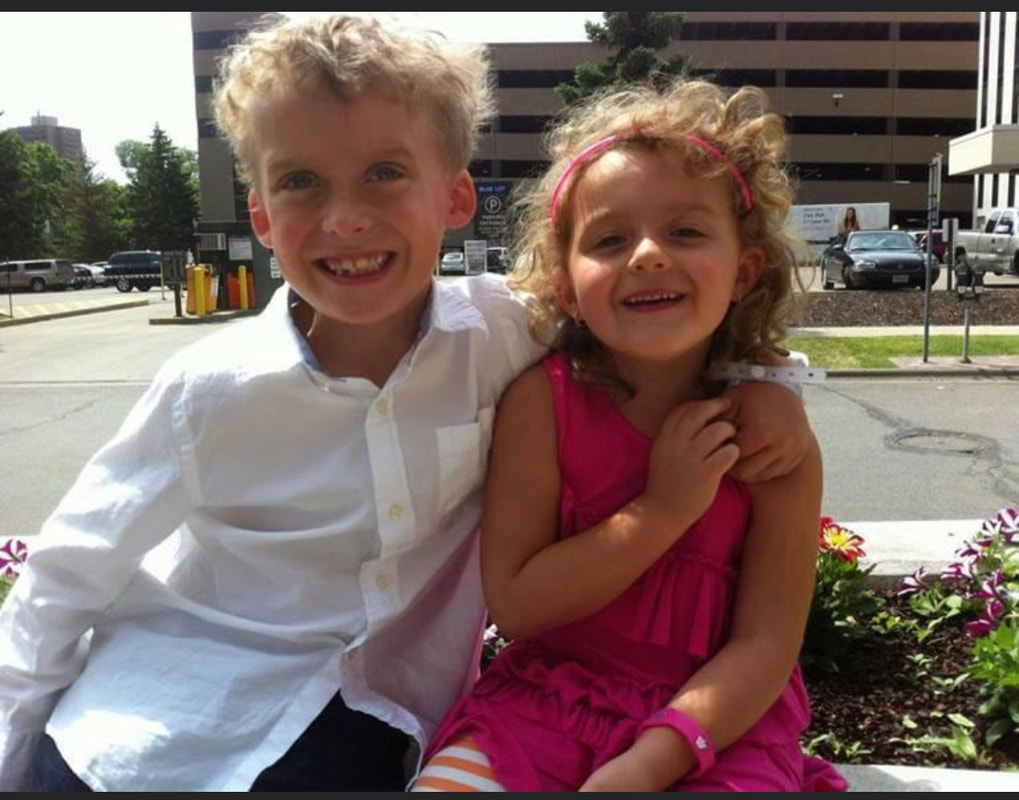
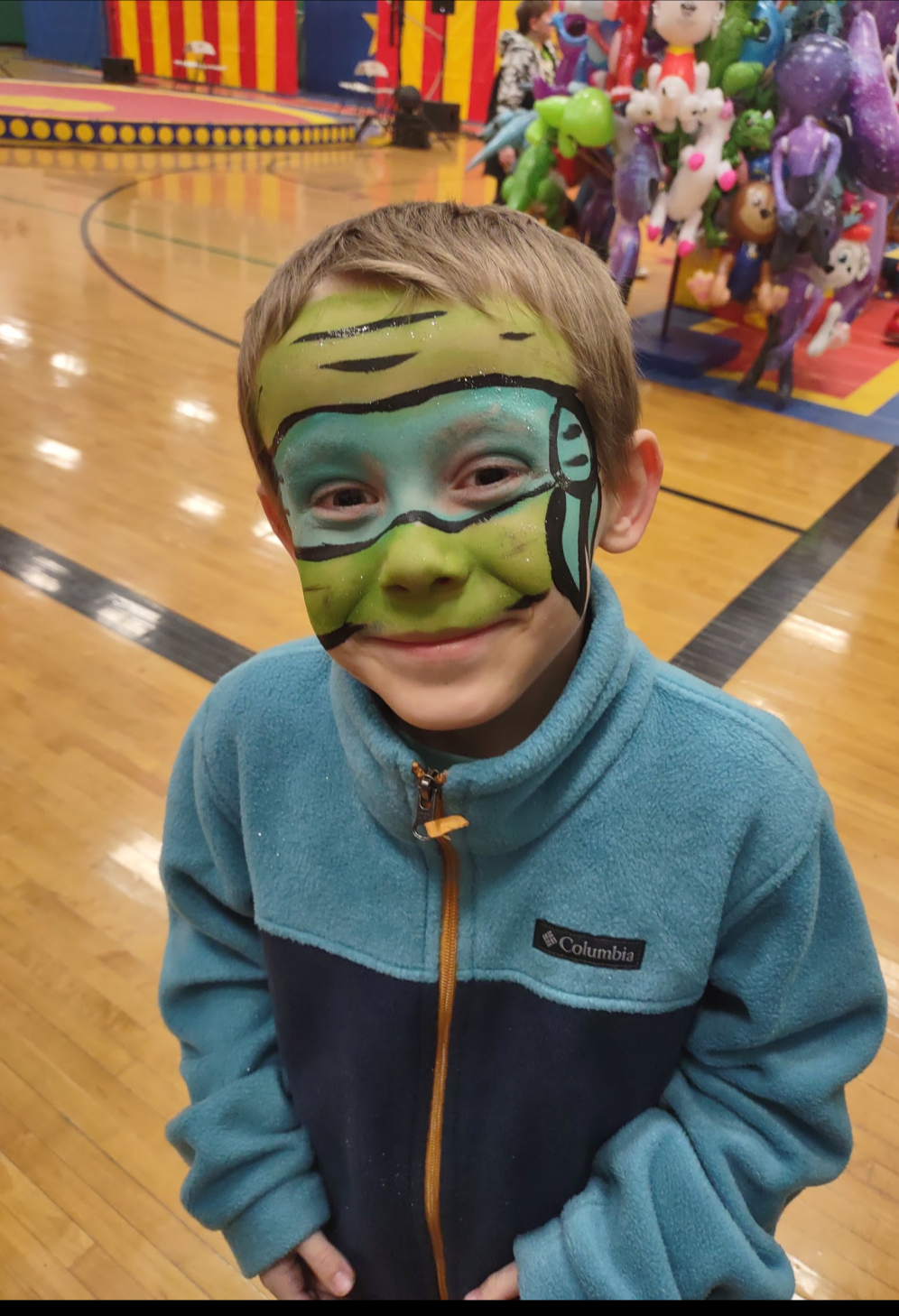
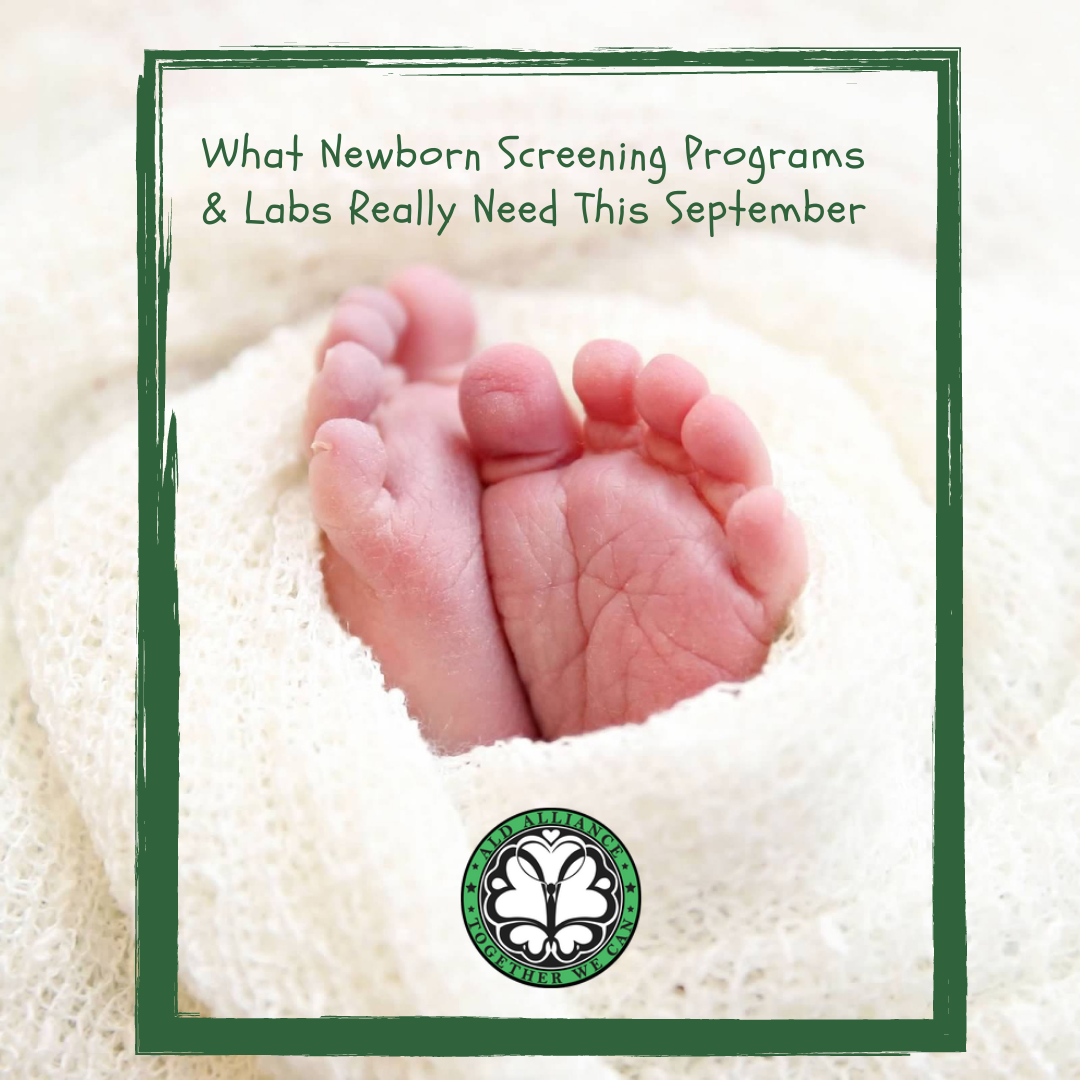
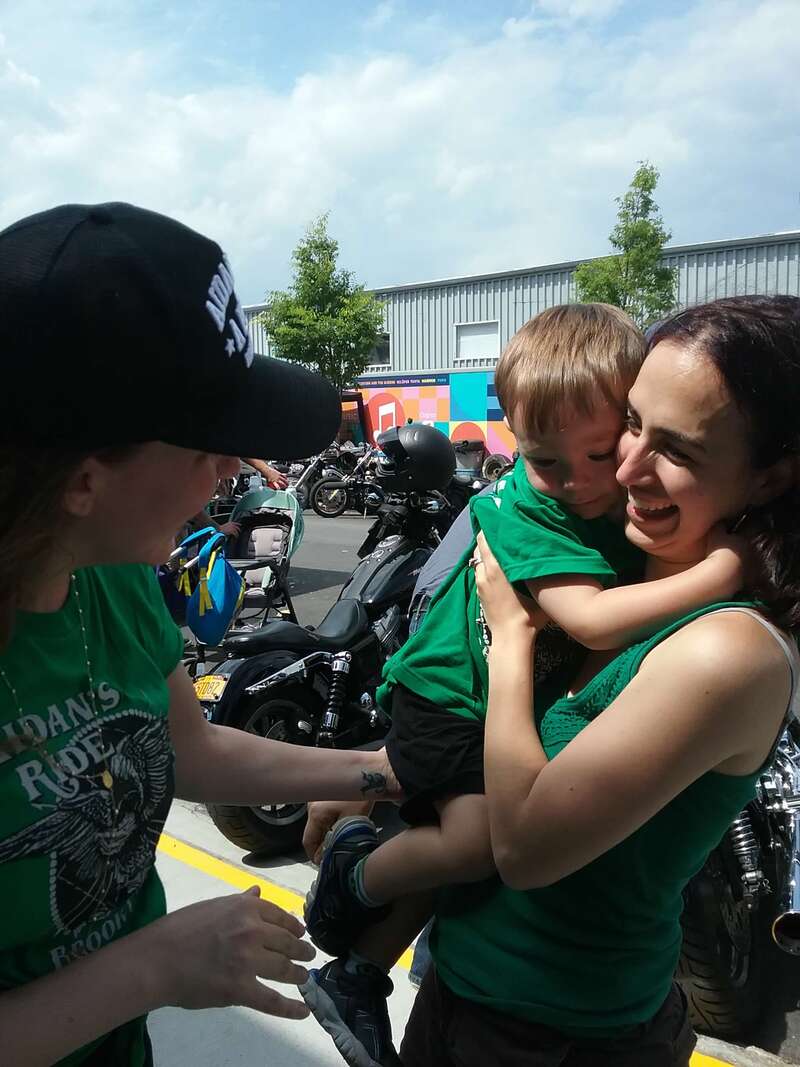

 RSS Feed
RSS Feed
